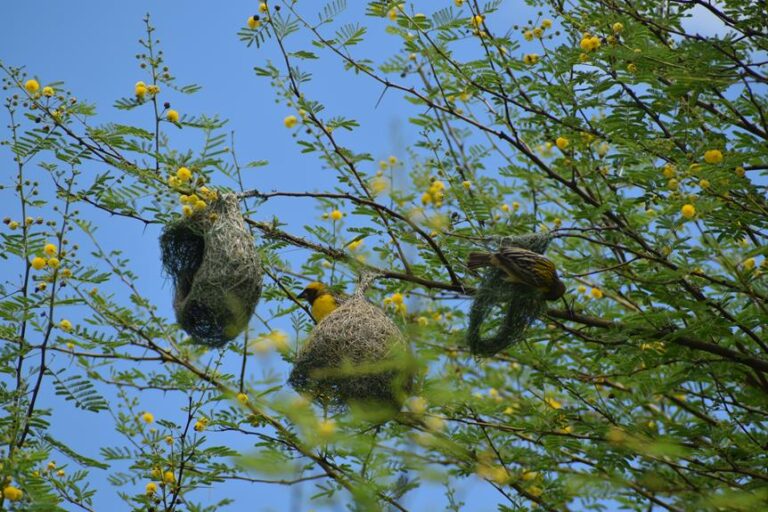In the field of avian nutrition, the inclusion of grit in the diet of wild birds has long been a subject of interest. Grit, comprised of tiny, hard particles like sand, stones, or shell fragments, plays a vital role in the digestive process of birds.
Unlike mammals, birds lack teeth and rely on their gizzard to grind food. Ingesting grit aids in the breakdown of food into smaller, more easily digestible pieces, facilitating efficient nutrient absorption.
This article explores the necessity of grit for wild birds and emphasizes its significance in their diet.
Contents
Key Takeaways
- Grit is important for wild birds as it aids in the breakdown of food in their digestive system.
- Birds rely on grit in their gizzard to grind food since they do not have teeth.
- Natural sources of grit such as sand, small stones, and shell fragments are commonly found in the environment and are essential for birds that consume hard seeds or insects.
- Artificial grit options, such as commercially available bird grit or crushed eggshells, can be provided to birds without easy access to natural sources and help mimic the benefits of natural grit.
What Is Grit
Grit, consisting of small, hard particles consumed by birds for digestion, plays a crucial role in their digestive process. It typically consists of sand, gravel, small stones, or shell fragments. Birds ingest grit, which accumulates in their gizzard, a muscular organ responsible for grinding food.
Unlike mammals, birds lack teeth, so the presence of grit in their gizzard acts as a grinding agent, breaking down food into smaller pieces.
These smaller pieces are easier to digest, allowing birds to efficiently process and absorb nutrients from their food.
Natural sources of grit, such as sand, small stones, and shell fragments, are commonly encountered by birds in their environment. However, for birds without easy access to natural grit, artificial options such as commercially available bird grit or crushed eggshells can be provided to ensure their digestive health.
The Role of Grit in Digestion
The presence of grit in a bird’s diet plays a crucial role in their digestive process. Grit acts as a grinding agent in the gizzard, breaking down food into smaller pieces that are easier to digest. This grinding action stimulates the bird’s digestive system and helps maintain its overall health.
Additionally, grit can act as a natural source of minerals, contributing to the bird’s well-being. Without access to grit, birds may struggle to effectively process their food, leading to poor digestion and nutrient deficiencies.
Therefore, including grit in a bird’s diet is essential for their digestive health and overall nutritional well-being.
Natural Sources of Grit for Birds
Birds can find natural sources of grit in their environment, such as sand, small stones, and shell fragments. These natural sources of grit are vital for birds that consume hard seeds or insects.
While foraging, birds commonly encounter sand, small stones, and shell fragments, which they naturally seek out and consume as part of their diet. The availability of natural grit varies depending on the habitat and location.
These natural sources of grit play a crucial role in a bird’s digestive process, aiding in the breakdown of food in the gizzard. By consuming grit, birds are able to efficiently process and absorb nutrients from their food, contributing to their overall well-being.
Artificial Grit Options
An alternative to natural sources, artificial grit provides a convenient solution for wild birds lacking easy access to grit in their environment. Here are some options for artificial grit:
- Commercially available bird grit: This is specifically formulated for birds and contains a mix of small stones, shells, and minerals. It mimics the natural grit found in the wild and aids in digestion.
- Crushed eggshells: Eggshells can be crushed into small pieces and offered to birds as a source of grit. They provide calcium and other essential minerals, promoting overall bird health.
- Grit feeders: These feeders are designed to hold artificial grit, making it easily accessible to birds. Grit feeders can be hung or placed on the ground, depending on the bird species.
- Scattered on the ground: Artificial grit can also be scattered on the ground for birds to find and consume. This method allows birds to forage for grit in a natural manner.
Providing artificial grit ensures that birds have access to the necessary grit for efficient digestion and nutrient absorption.
Benefits of Grit for Wild Birds
Aiding in efficient digestion and nutrient absorption, the inclusion of grit in a wild bird’s diet promotes optimal digestive health. Grit plays a crucial role in breaking down food particles in the gizzard, allowing birds to effectively extract nutrients.
The grinding action stimulated by the presence of grit ensures that food is properly processed, leading to improved digestion.
Additionally, grit can act as a natural source of minerals, contributing to overall bird well-being. By providing grit, wild birds are able to maintain a healthy digestive system, which is essential for their survival and overall health.
The inclusion of grit in their diet supports the efficient processing of food and ensures that wild birds can effectively extract the necessary nutrients for their well-being.
Conclusion
In conclusion, grit plays a vital role in the digestion process of birds. It serves as a grinding agents to break down food into smaller, more digestible pieces. This aids in the efficient processing and absorption of essential nutrients from their diet.
While natural sources of grit may vary in availability, artificial grit options can be provided to ensure that wild birds have access to the necessary grit for optimal digestion. Commercially available bird grit or crushed eggshells are examples of artificial grit that can be provided.






